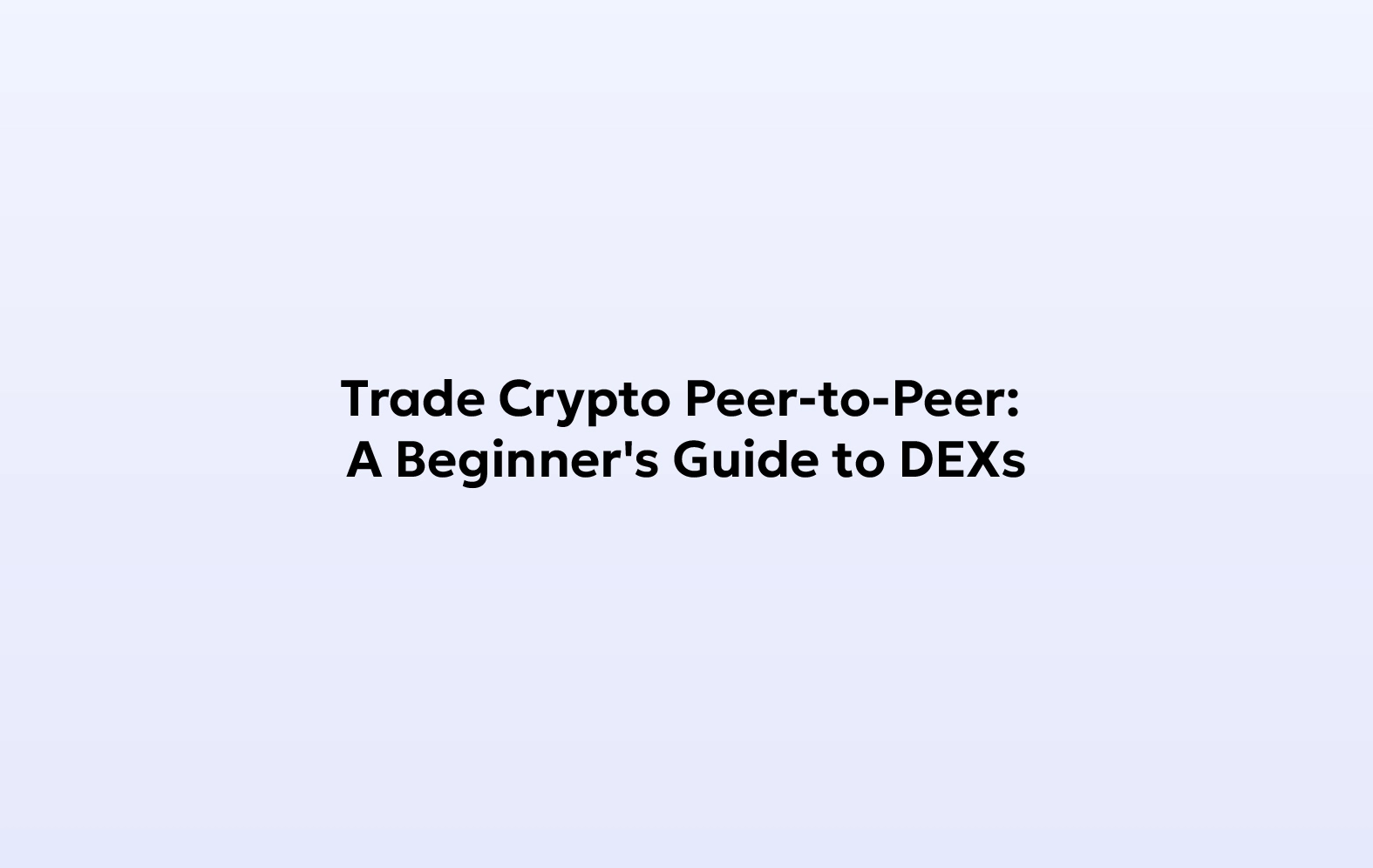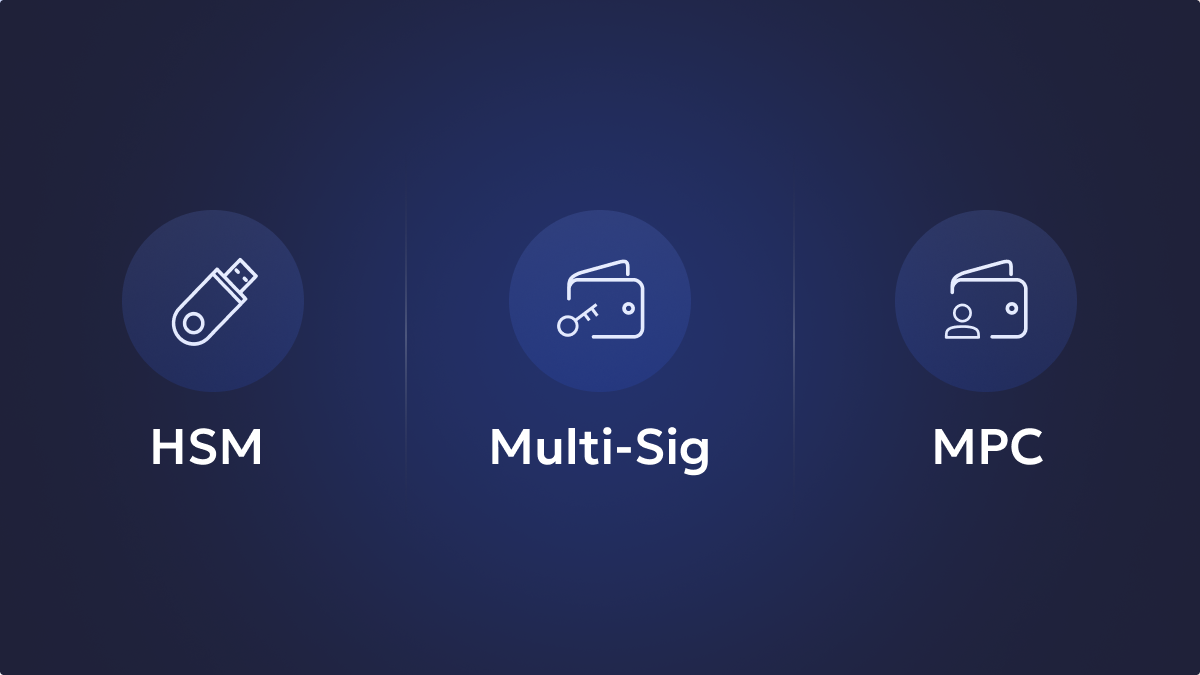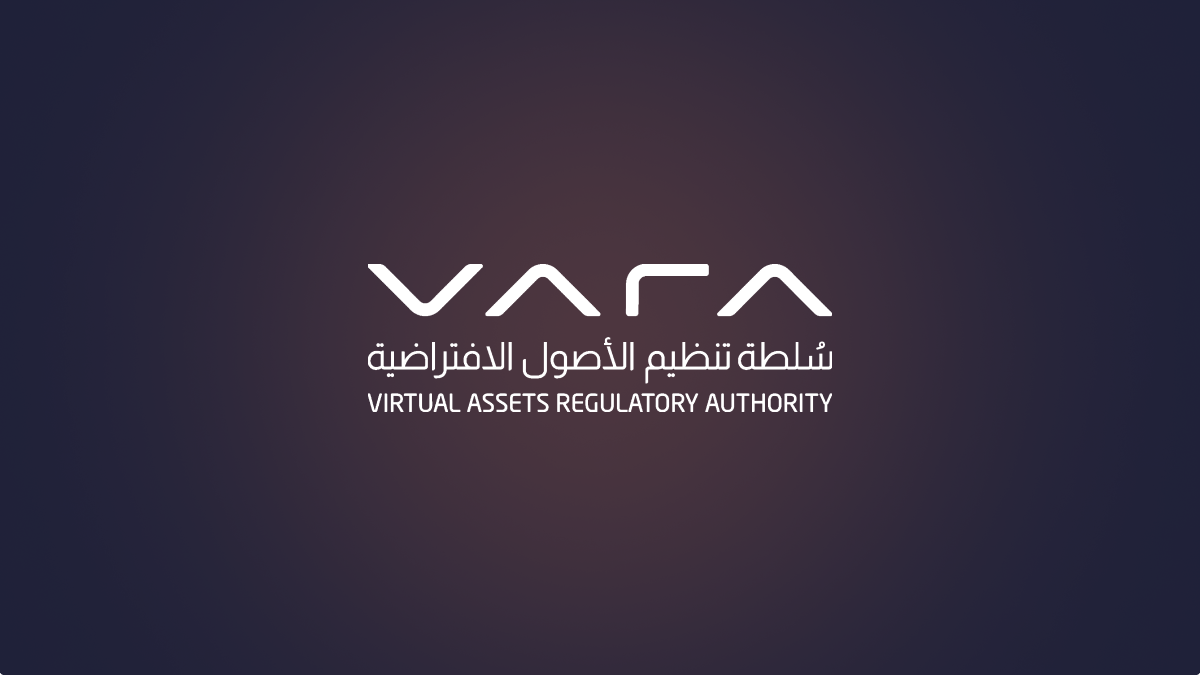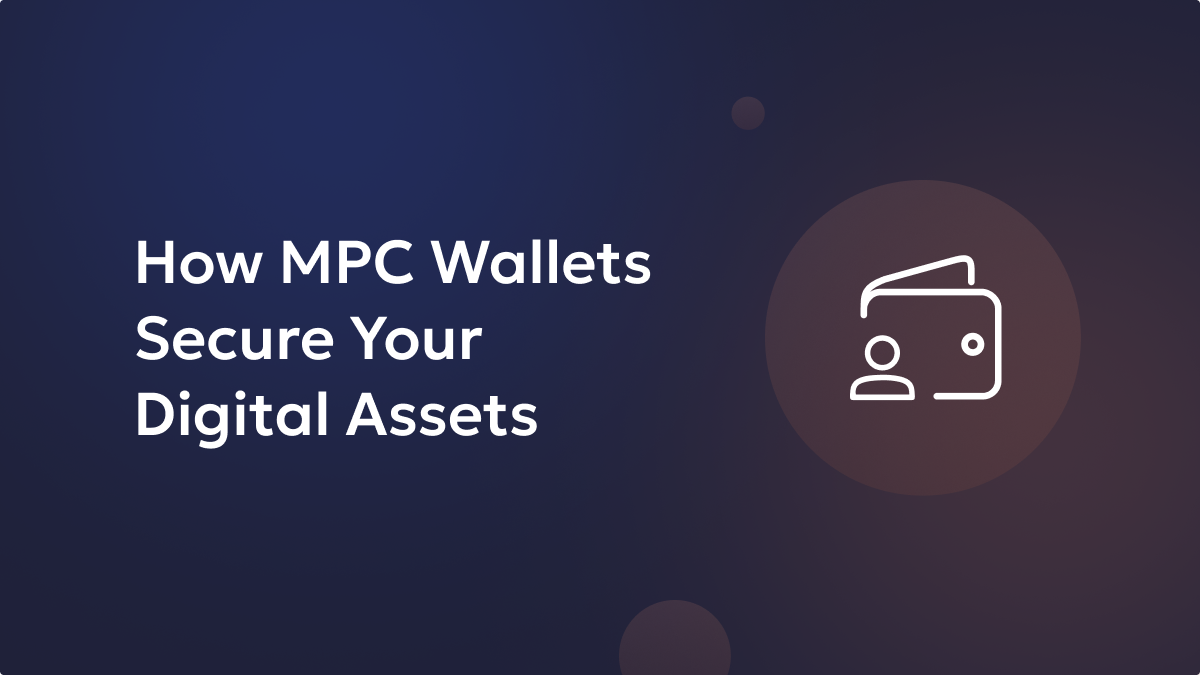A decentralized exchanges (DEX) functions as a peer-to-peer marketplace. On DEX, users engage in non-custodial cryptocurrency trading. It eliminates the necessity for intermediaries to facilitate fund transfer and custody. You don’t have to rely on traditional entities like banks, brokers, or payment processors. DEXs leverage blockchain-based smart contracts to facilitate asset exchange.
Conventional financial transactions often lack transparency and involve intermediaries who provide limited insight into their operations. DEXs offer complete transparency regarding fund movement and exchange mechanisms. They bypass the need for user funds to traverse a third party’s cryptocurrency wallet during trading. They mitigate counterparty risk. Plus, they can improve systemic centralization concerns within the cryptocurrency ecosystem.
DEXs constitute a fundamental component of decentralized finance (DeFi). They serve as an essential building block. On top of DEXs, complex financial products can be constructed. This is due to their permissionless composability.
Unlock the potential of digital assets for your institution
Key Takeaways
- A decentralized exchange (DEX) serves as a peer-to-peer marketplace. It facilitates direct transactions between cryptocurrency traders.
- DEXs embody one of the fundamental principles of cryptocurrencies: enabling financial transactions without the need for banks, brokers, or any intermediary.
- Some of the most famous DEXs include Uniswap, built initially on the Ethereum chain, and SushiSwap, a multi-chain dex.
What is Decentralized Exchange (DEX)?
Decentralized exchanges rely on smart contracts. They enable traders to execute orders without the involvement of intermediaries. Conversely, centralized exchanges are overseen by centralized organizations such as banks. Most centralized organizations operate within the financial services sector with profit motives.
Centralized exchanges dominate the cryptocurrency market’s trading volume. They are regulated entities that provide custody services for users’ funds. They also offer user-friendly platforms for newcomers. Some centralized exchanges even offer insurance for deposited assets.
Secure and manage your digital assets with Liminal
The services provided by centralized exchanges are similar to those offered by banks. Banks safeguard their clients’ funds. They also offer security and surveillance services that individuals cannot independently provide. Thus facilitating the movement of funds.
In contrast, decentralized exchanges empower users to trade directly from their wallets. These wallets interact with the smart contracts powering the trading platform. Traders retain custody of their funds. The holders bear responsibility for any losses resulting from errors. Such errors could be – misplacing private keys or sending funds to incorrect addresses.
Deposited funds or assets on decentralized exchange platforms are represented as “I owe you” (IOU) tokens. These tokens can be freely traded on the network. An IOU token is essentially a blockchain-based token with the same value as the underlying asset.
Popular decentralized exchanges are constructed on top of leading blockchains. These blockchains support smart contracts, which operate as layer-one protocols, directly integrated into the blockchain. The Ethereum blockchain hosts the most popular DEXs.
How Does a DEX Work?
Decentralized exchanges operate on blockchain networks supporting smart contracts. On these platforms, users maintain custody of their funds. Consequently, each trade on these exchanges incurs a transaction fee in addition to the trading fee. Essentially, traders engage with smart contracts on the blockchain to utilize DEXs.
Three Primary Types of Decentralized Exchanges exist:
- Automated market makers
- Order book DEXs
- DEX aggregators
All three enable users to trade directly with one another through their smart contracts. Initially, decentralized exchanges adopted similar order book systems to centralized exchanges.
Importance Of Decentralized Exchange
In the expansive landscape of decentralized finance (DeFi), Decentralized Exchanges (DEXs) play a pivotal and transformative role. These blockchain-based platforms facilitate direct cryptocurrency trading among users. They bypass the need for centralized intermediaries. The significance of DEXs within the DeFi ecosystem is multifaceted:
1. Pioneers of Decentralization:
DEX platforms were among the earliest DeFi applications to garner widespread adoption. They lay the groundwork for other platforms. They demonstrate the potential of trustless, peer-to-peer transactions.
2. Enhanced Security:
DEXs prioritize security. They do so by removing the necessity for users to trust centralized exchanges with their funds, diminishing the vulnerability to hacks and breaches associated with centralized platforms.
3. Privacy and Control:
Users retain control over their private keys and assets on DEX platforms. They ensure heightened privacy and self-sovereignty over their finances.
4. Liquidity Pools and Yield Farming:
DEXs facilitate liquidity provision through liquidity pools. This enables users to earn rewards by contributing assets. This innovation has catalyzed the growth of yield farming and liquidity mining within the DeFi ecosystem.
5. DEX Aggregators:
Dex Aggregators have emerged to further streamline DeFi trading. These platforms consolidate liquidity from various DEXs. They provide users with enhanced access to assets and improved trading experiences.
6. Composable Nature:
DEX platforms seamlessly integrate with other DeFi services. They foster a dynamic ecosystem where users can easily trade, lend, borrow, and stake assets.
7. Decentralized Governance:
Many DeFi DEX platforms employ decentralized governance models. These models empower users to participate in decision-making processes and influence the platform’s future trajectory.
Advantages of Decentralized Exchanges (DEXs)
Trading on decentralized exchanges (DEXs) can incur high costs. This is particularly true if network transaction fees are increased during trade execution. Nonetheless, there are myriad advantages to utilizing DEX platforms.
1. Token Availability:
Centralized exchanges must meticulously assess compliance tokens, especially with local regulations before listing them. Decentralized exchanges can incorporate any token minted on their respective blockchains. Consequently, new projects are likely to debut on DEXs before becoming available on centralized counterparts. While this early access presents opportunities for traders, it also exposes them to various scams, such as “rug pulls.” Usually, in rug pulls, project teams dump tokens used for liquidity provision, rendering other traders unable to sell.
2. Anonymity:
DEXs afford users anonymity when exchanging cryptocurrencies. They circumvent the standard identification process known as Know Your Customer (KYC). KYC is mandated by centralized exchanges. Under KYC, personal information and identification documents are collected. By bypassing KYC procedures, DEXs attract individuals who prioritize privacy.
3. Reduced Security Risks:
Experienced cryptocurrency users who have custody of their funds face reduced hacking risks. Especially when utilizing DEXs. This is because these exchanges do not control user funds. Instead, traders retain custody of their funds and only engage with the exchange when necessary. In the event of a platform breach, only liquidity providers may be vulnerable.
4. Reduced Counterparty Risk:
Decentralized exchanges, operating without intermediaries and relying on smart contracts, eliminate counterparty risk. This risk arises when one party fails to fulfill its contractual obligations.
Users can conduct due diligence to mitigate potential risks associated with DEX usage. They should do so to ascertain whether an exchange’s smart contracts have undergone audits. This helps them to make informed decisions based on other traders’ experiences.
Types of Decentralized Exchange?
Decentralized exchanges are of three types:
- Automated market makers (AMMs)
- Order book decentralized exchanges
- Decentralized exchange aggregators.
1. Automated Market Makers (AMMs):
AMMs address liquidity concerns through the utilization of smart contracts. Trades occur via smart contracts holding tokens, bypassing the need for traditional order books. Instead, pre-funded pools of assets, known as liquidity pools, are utilized. Liquidity providers are individuals who contribute cryptocurrencies to these pools. They receive rewards in the form of transaction fees generated from trades on the exchange. Users can deposit tokens into a pool and receive LP tokens, representing their ownership percentage of the pool’s funds. Rewards are typically distributed based on the number of tokens provided to the pool.
2. Order Book DEX:
This type of decentralized exchange maintains a comprehensive record of buy and sell orders for different trading pairs. A buy order signifies a trader’s intent to purchase or bid for a cryptocurrency, while a sell order indicates the desire to sell. Order book DEXes are categorized into two types. They include off-chain order book exchanges and on-chain order book trading platforms.
3. DEX Aggregators:
DEX aggregators leverage various protocols and mechanisms to mitigate liquidity-related challenges. These platforms consolidate liquidity from multiple DEXs to minimize slippage on large orders. They also optimize swap fees and token prices. Plus, they secure the best possible price for traders in the shortest timeframe. DEX aggregators prioritize protecting users from price fluctuations and reducing the likelihood of failed transactions. Some aggregators integrate liquidity from centralized platforms to enhance the user experience while maintaining a non-custodial approach.
Challenges And Concerns Of DEX
Here, we will examine the myriad issues faced by Decentralized Exchanges (DEXs) within the DeFi ecosystem. This ranges from liquidity hurdles to regulatory considerations. Here, we shed light on the complex terrain that DEX platforms navigate to offer secure and efficient trading services. Here are the key challenges and concerns pertaining to the role of DEXs in DeFi:
1. Liquidity Challenges:
Despite significant progress, DEXs encounter liquidity challenges primarily stemming from fragmentation. Liquidity is often dispersed across multiple DEX platforms, leading to reduced trading volumes and increased price slippage.
2. Impermanent Loss:
Users providing liquidity to DEXs may encounter impermanent loss. This arises when the value of assets in a liquidity pool diverges from their initial investment due to market fluctuations.
3. Regulatory Concerns:
The evolving regulatory environment presents hurdles for DEXs. Compliance with local and global regulations, particularly regarding anti-money laundering (AML) and know-your-customer (KYC) requirements. Such legal complexities vary across jurisdictions.
4. User Experience:
Certain DEX platforms face criticism for their user interfaces. Such DEX may lack intuitiveness compared to centralized exchanges. Moreover, fluctuating gas fees on blockchain networks can impact transaction costs and speed. Thus influencing the overall user experience.
5. Smart Contract Risks:
DEXs heavily rely on smart contracts, which are susceptible to bugs, vulnerabilities, or exploits. Ensuring the security and resilience of these contracts remains an ongoing challenge.
6. Auditing and Security Measures:
Rigorous auditing of smart contracts and implementation of robust security measures are paramount for DEXs to safeguard user funds. Any security breach could lead to substantial financial losses and undermine trust in the DeFi ecosystem.
7. Scalability:
With the continued expansion of DeFi, DEX platforms encounter scalability issues. This is particularly true on blockchains with limited transaction throughput. Exploration of scaling solutions like layer 2 technologies is underway to mitigate this challenge.
8. Cross-Chain Compatibility:
One of the major challenges is achieving interoperability between diverse blockchain networks. Plus, facilitating seamless cross-chain asset transfers also poses complex challenges for DEXs.
Addressing these challenges and concerns is pivotal for the sustained growth and maturation of DEXs in DeFi. DEX platforms and the broader DeFi community are actively engaged in finding solutions. They are trying to enhance decentralized exchanges’ resilience and user experience as the ecosystem evolves.
Conclusion
Decentralized Exchanges (DEXs) are fundamental pillars within the cryptocurrency ecosystem. They facilitate peer-to-peer exchange of digital assets without reliance on intermediaries. Over recent years, DEXs have witnessed a surge in adoption, thanks to their ability to provide instant liquidity for newly launched tokens. Plus, they offer seamless user onboarding processes and democratized access to trading and liquidity provision.
Though trading activity is gradually transitioning towards DEXs, whether existing DEX frameworks can sustain long-term growth and institutional adoption remains uncertain. Nevertheless, DEXs are poised to maintain their crucial role as infrastructure within the cryptocurrency landscape. Moreover, they are expected to undergo continual enhancements. They can offer better transaction scalability and smart contract security. They also improve governance structures and overall user experience.






